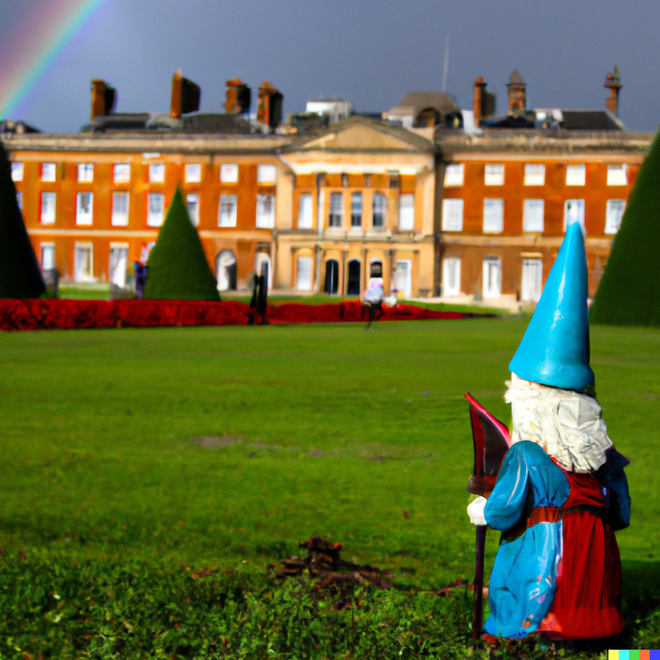A keynote is a presentation typically given at a start of a conference that sets the central theme for the event. A keynote speaker usually has more time (45-60 min) than other presenters, and has the full attention of everyone attending the conference. The keynotes at the conferences I attended the last several years (mostly scholarly communication conferences) seem to work like this:
- find a prominent speaker, ideally not a core member of the community attending the conference
- tell him to talk about something he knows a lot about, not necessarily a central theme of the conference
- the keynote should be inspiring and eye-opening, instead of focussing on the conference
The problem with this approach is that it focusses too much on the prominent speaker and it runs the risk of the keynote speaker talking about what he always talks about. Meaning that we don’t learn much if we have heard the keynote speaker before. Which is too bad, because keynotes should contain things that are unexpected and exciting.
One of the best keynotes I had the pleasure of listening to in the last several years was the one given by Michael Nielsen at Science Online London 2011 (disclaimer: I was one of the conference organizers). Not only is Michael an excellent speaker, but his presentation about Open Science fit perfectly into the conference, and it was clear that he had made the presentation specifically for this conference (with an audience that knows a lot about Open Science). One of the main themes of his presentation – the collective action problem, or to get started with something that benefits everyone, but where there is a cost doing the first step - is something I later picked up in a publication about the Open Researcher & Contributor ID (Fenner, Gomez, & Thorisson, 2011).
Keynote by Michael Nielsen at the Science Online London 2011 Conference, video recording and editing by River Valley TV.
Luckily we increasingly have video recordings of keynote presentations available online, making it easier to listen to good presentations. TED and TEDx have of course made the format of recordings of carefully prepared talks popular. For large scholarly and academic conferences the best starting point is River Valley TV. The Lindau Nobel Laureate Meeting has hundreds of presentations by Nobel laureates. And as video recording and streaming has become easier technically (e.g. with Google Hangouts on Air), recording good keynotes should become the norm and not the exception.
After several hundred blog posts here and elsewhere, this may well be my first blog post with an embedded video.


